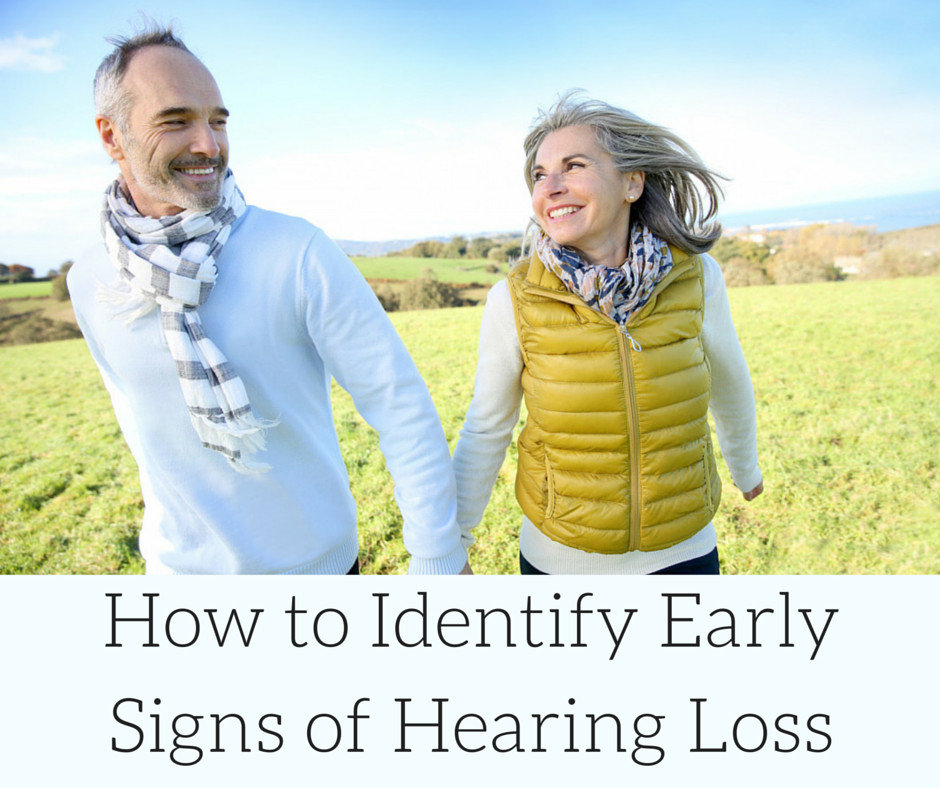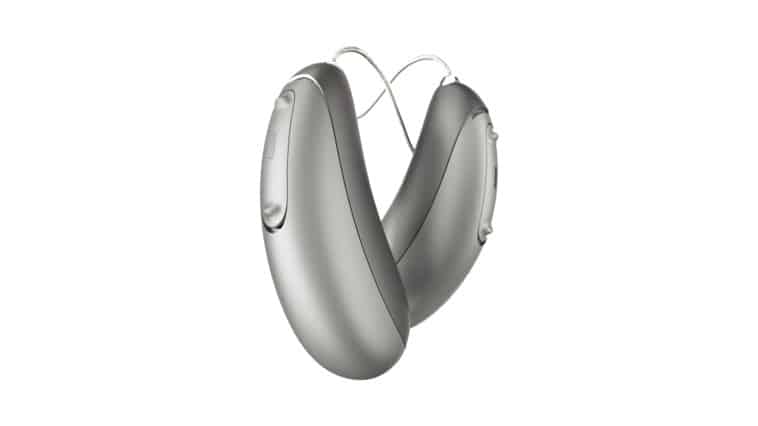0% financing available. Up to 3-year loss and damage guarantee.

How to Identify Early Signs of Hearing Loss
- Navigating the Conversation: The Significance of Thoughtful Disclosure in Hearing Loss - December 10, 2023
- The Sound of Dreams: Understanding How Hearing Loss Impacts Dreaming - November 7, 2023
- Traveling Effectively with Hearing Aids - October 16, 2023
Most of us take our hearing for granted and it can be hard to accept that our abilities are changing. Yet hearing loss is the third most common health problem in the US, with around 48 million Americans experiencing significant loss to their hearing. The Hearing Loss Association of America (HLAA) suggests that up to 80% of people with hearing loss who could benefit from a hearing aid do not wear one.
Hearing loss can be surprising and sudden, but more often than not, it is a gradual process. In fact, it can be so gradual that a person may be unaware that they are experiencing it. Often, friends and family notice signs of hearing loss in a loved one long before the individual themselves is aware of it.
It can be daunting to accept that you have some form of hearing loss. The HLAA estimate that it takes an average of 7-10 years for hearing aid users to have a device fitted after the first onset of symptoms. A change in hearing may affect a person’s lifestyle, relationships, self-esteem and social skills. Without treatment, it can lead to a diminished quality of life, leaving a person feeling isolated, frustrated or depressed. Identifying hearing loss as soon as possible means beneficial treatments can be provided earlier, helping a person live a happier and more fulfilled life.
We’re going to take a look at some of the common early signs of hearing loss in daily life. If you answer yes to some of the following questions, it may be worthwhile getting a hearing test done.
People with early hearing loss often assume that others are mumbling or not speaking clearly.
Any of these factors may indicate some degree of hearing loss. The next step is to have a hearing test. Your doctor will be able to direct you to the right services.
It is important to remember that hearing loss is very common and nothing to feel ashamed about. There are a wide range of treatments and aids available, all of which can provide you and your loved ones with a higher quality of life. For more information, you can contact the HLAA by clicking here.

